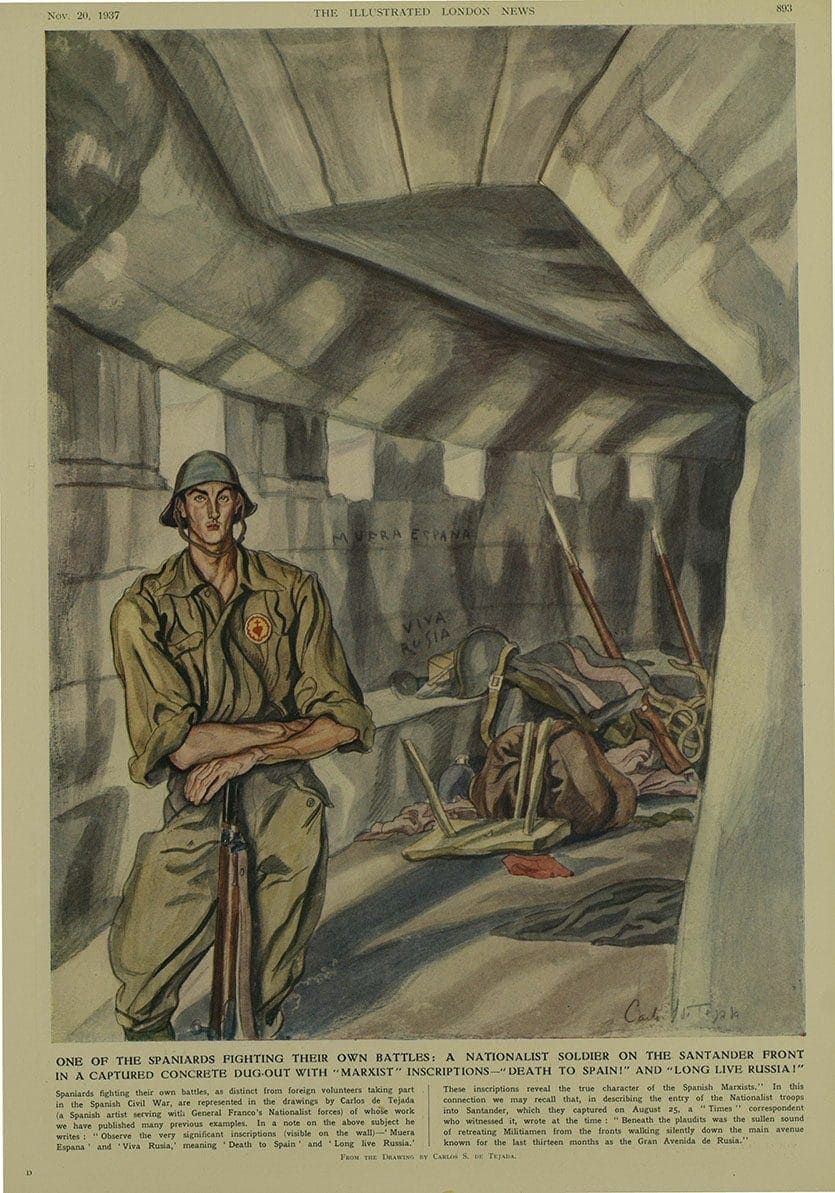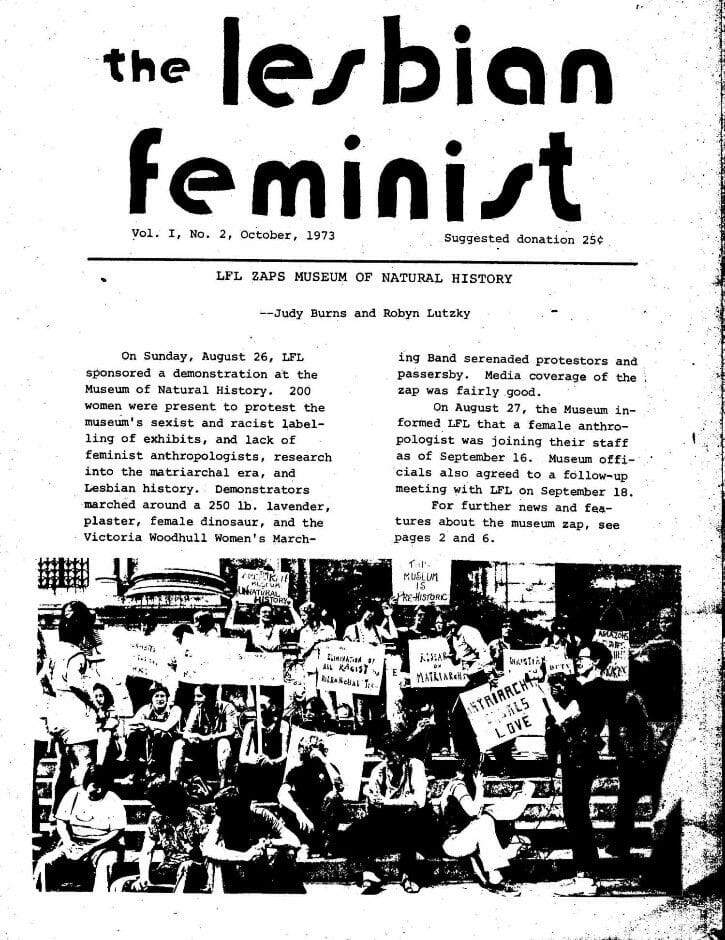│By Emily Priest, Gale Ambassador at the University of Portsmouth│
In this post, Emily interviews an undergraduate student before and after running a one-to-one training workshop on Gale Primary Sources, revealing how the platform tools and extensive content can help alleviate some of the difficulties the student faced in their studies.




